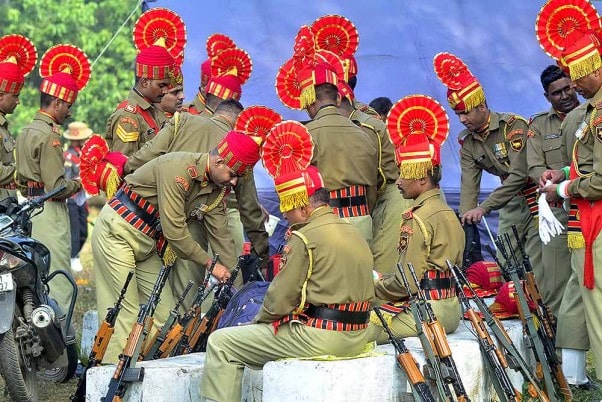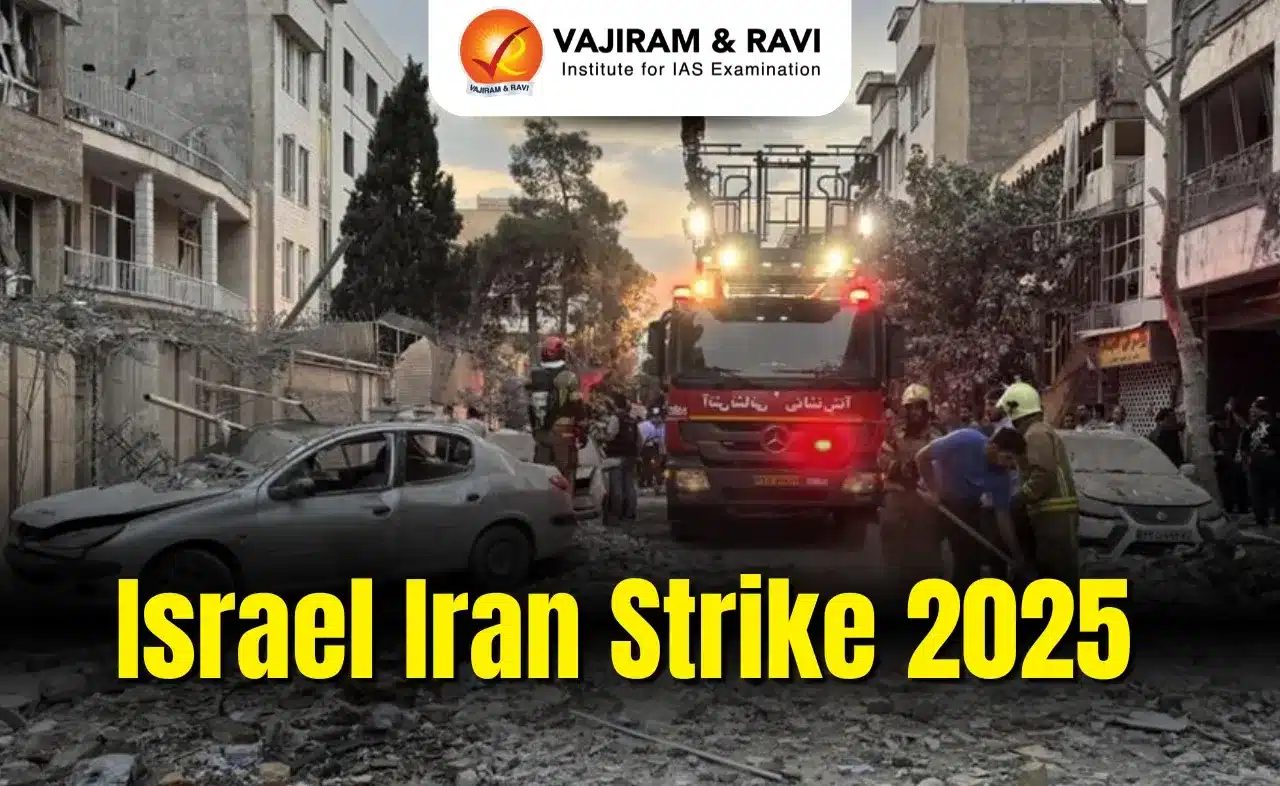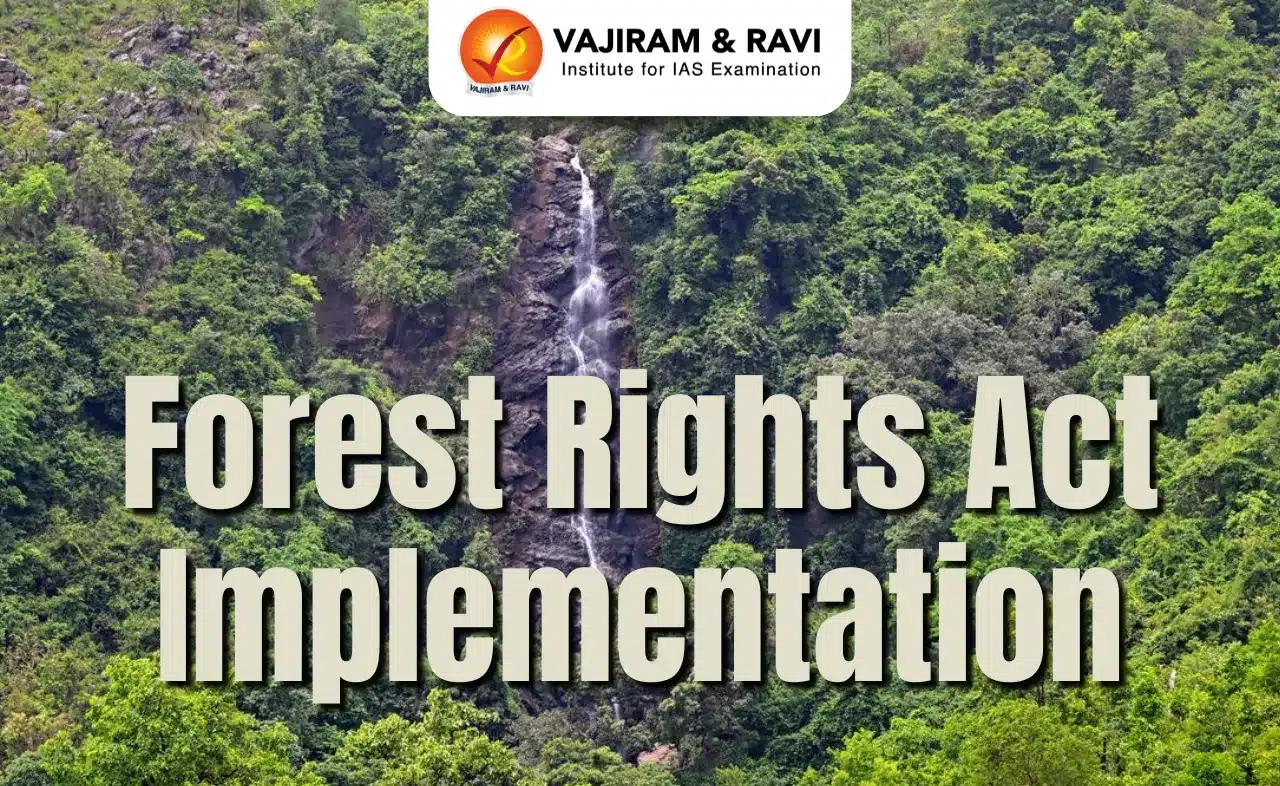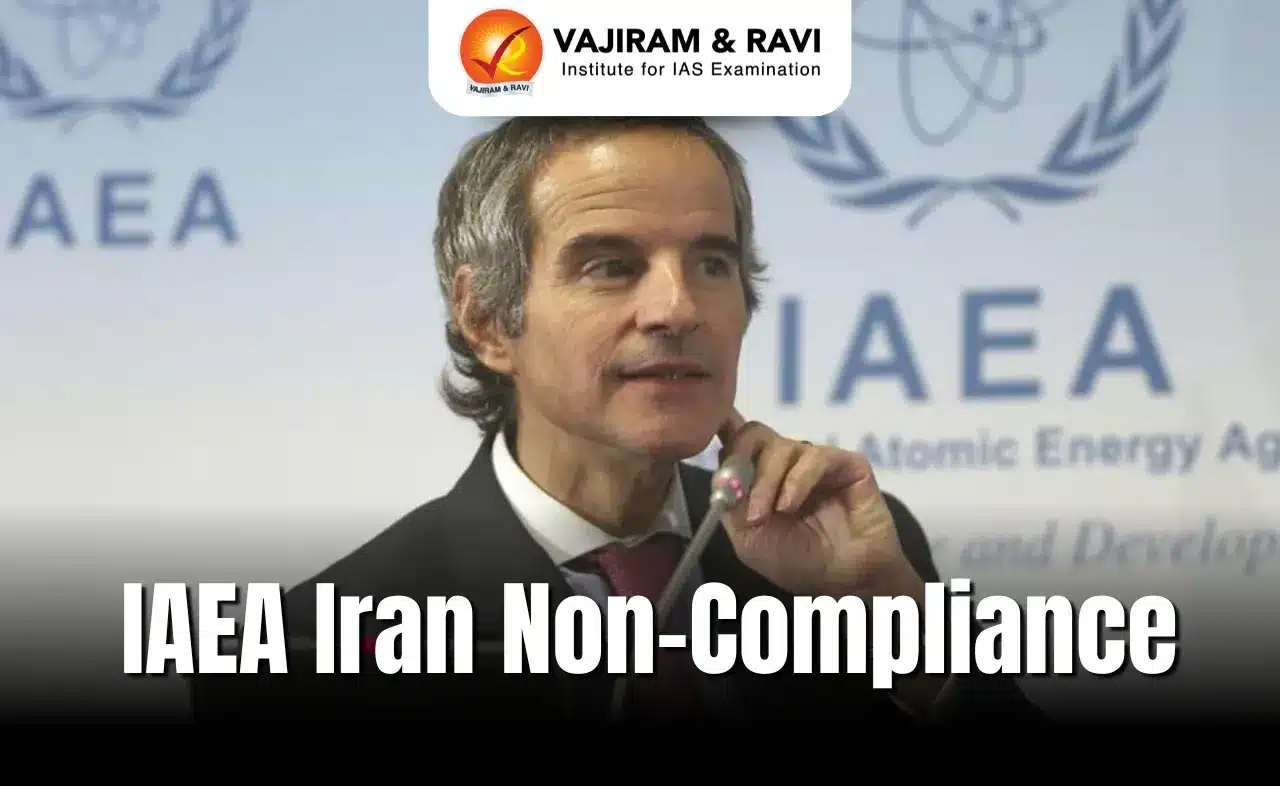What’s in Today’s Article?
- Why in News?
- LGBT Rights in India
- The Transgender Persons (Protection of Rights) Act, 2019 (Background, Objectives, Salient Provisions)
- News Summary Regarding Possibilities of Transgender Persons’ Entry in the Armed Forces
Why in News?
- The Indian Armed Forces are looking at possible employment opportunities for transgenders and the roles they could perform, while examining the Transgender Persons (Protection of Rights) Act 2019 and its implications.
- A joint study group constituted by the Principal Personnel Officers Committee (PPOC) was tasked with suggesting a way forward for the implementation of the Act in the defence forces.
LGBT Rights in India
- There are approximately 480,000 transgender people in India as per Census 2011.
- The Constitution of India under Article 15 (prohibition of discrimination on grounds of religion, race, caste, sex or place of birth) guarantees fundamental rights and prohibits discrimination on the basis of sexual orientation and gender identity.
- Though Lesbian, gay, bisexual and transgender (LGBT) rights in India have been evolving rapidly in recent years, they still face social and legal difficulties not experienced by non-LGBT persons.
- The country has repealed or modified or read down its colonial-era laws (for example, Section 377 of the IPC) that directly discriminated against homosexual and transgender identities.
- In 2018, in the landmark decision of Navtej Singh Johar v. Union of India, the Supreme Court of India (SC) decriminalised consensual homosexual intercourse by reading down Section 377 of the IPC.
The Transgender Persons (Protection of Rights) Act 2019
- Background:
- In 2014, the SC in NALSA v. Union of India held that all persons have the constitutional right to self-identify their gender.
- Further, it directed Union and State Governments to allow transgender persons to access reservations in public education and employment.
- Following the judgement and the recommendation of the Parliamentary Standing Committee on Social Justice, the 2019 Act was enacted and came into force.
- The Act is under the overall supervision of the Minister for Social Justice and Empowerment, Government of India.
- Objectives of the Act:
- It protects the rights of transgenders and prevents their marginalisation and discrimination in healthcare, education, employment, public services and benefits, among others.
- Thus, the Act is an equal opportunity provider to the transgender community.
- Salient provision of the 2019 Act:
- Definition of a transgender person: A transgender person as one whose gender does not match the gender assigned at birth.
- Prohibition against discrimination: The act prohibits the discrimination, including denial of service or unfair treatment in relation to – education, employment, healthcare, etc.
- Certificate of identity for a transgender person: A transgender person may make an application to the District Magistrate for a certificate of identity, indicating the gender as ‘transgender’.
- Welfare measures by the government: The act states that the relevant government will take measures (rescue and rehabilitation, vocational training and self-employment, etc) to ensure the full inclusion and participation of transgender persons in society.
- Offences and penalties: The act recognise the following offences against transgender persons – forced or bonded labour, denial of use of public places, removal from household and village, etc.
- National Council for Transgender persons (NCT): The NCT will consist of the Union Minister for Social Justice as Chairperson, and will –
- Advise the central government on the impact of policies, legislation and projects with respect to transgender persons.
- Redress the grievances of transgender persons.
News Summary Regarding Possibilities of Transgender Persons’ Entry in the Armed Forces
- The Armed Forces, at present, do not recruit transgenders or people identifying as homosexuals.
- A report presented by the Standing Committee on Personnel, Public Grievances proposed that the Ministry of Home Affairs should consider extending reservation benefits to transgender people in the Central Armed Police Forces (CAPFs).
- The joint study group, which comprises top officers of the three services and the Armed Forces Medical Services (AFMS), recently sought comments on the feasibility of employing transgenders in the force.
- As employment in defence forces is selection and merit-based, it will remain equally applicable to transgenders if recruitment to the military is opened to them at any given point.
- It is learnt that a range of suggestions have been received, with some insisting on not providing any special concessions to transgenders, while others pointed to administrative and logistical difficulties (such as their housing).
- There have also been questions about how they and their spouses (if any) would be identified in the military and their cultural integration with other serving military personnel.
- Therefore, multiple issues will have to be factored in before any decision is taken as the military cannot be looked at as just an employment opportunity.
Q1) What are the issues faced by the LGBT community in India?
Numerous LGBT individuals deal with significant problems linked to violence, unemployment, prejudice, poverty, and access to healthcare in India.
Q2) Which judgment held that the transgender people belong to the third gender?
The Supreme Court of India ruled in the case of National Legal Services Authority v. Union of India (2014) that transgender people belong to the third gender. The transgender person is now eligible for reservations under India’s quota policy as a result of this declaration.
Source: Talks on in Armed Forces on possible entry of transgenders, study group formed
Last updated on June, 2025
→ UPSC Notification 2025 was released on 22nd January 2025.
→ UPSC Prelims Result 2025 is out now for the CSE held on 25 May 2025.
→ UPSC Prelims Question Paper 2025 and Unofficial Prelims Answer Key 2025 are available now.
→ UPSC Calendar 2026 is released on 15th May, 2025.
→ The UPSC Vacancy 2025 were released 1129, out of which 979 were for UPSC CSE and remaining 150 are for UPSC IFoS.
→ UPSC Mains 2025 will be conducted on 22nd August 2025.
→ UPSC Prelims 2026 will be conducted on 24th May, 2026 & UPSC Mains 2026 will be conducted on 21st August 2026.
→ The UPSC Selection Process is of 3 stages-Prelims, Mains and Interview.
→ UPSC Result 2024 is released with latest UPSC Marksheet 2024. Check Now!
→ UPSC Toppers List 2024 is released now. Shakti Dubey is UPSC AIR 1 2024 Topper.
→ Also check Best IAS Coaching in Delhi






















